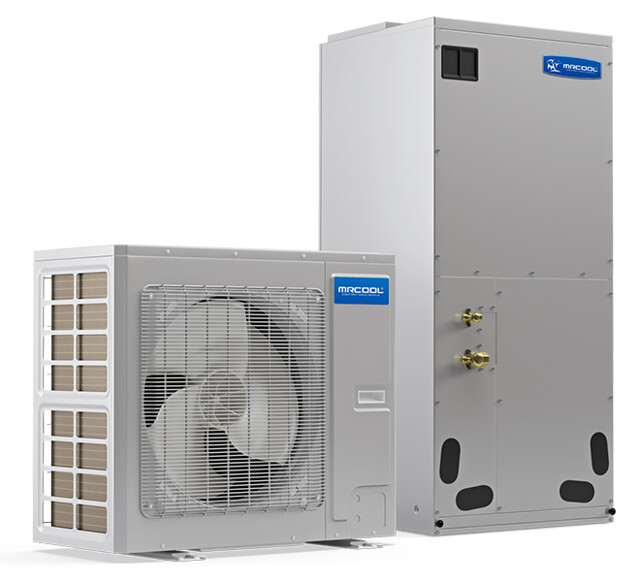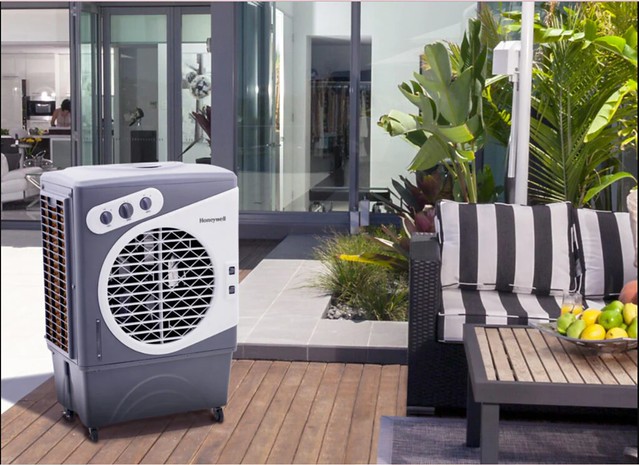The Benefits of an Electric Boiler
Commercial buildings are increasingly converting their fossil fuel-burning boilers to eco-friendly electric models. These are safer, cleaner and more energy-efficient than their predecessors.
Electrifying boilers reduces GHG emissions in some counties, even when accounting for changes in the overall mix of electricity and carbon intensity of the regional grid. To maximize the benefits of electrification, building managers should consult with experts to simplify the process and ensure optimal results.
Size
Electric boilers use electricity as a power source to heat water and provide heating for your home or flat. Unlike gas boilers, they do not have to be connected to the mains gas supply and can be placed in any room. This flexibility can be helpful in properties where it may not be possible or safe to install a gas boiler, for example historic buildings and homes with no access to mains gas.
Electric heating boiler sizes are usually indicated in kilowatts (kW) and, like their gas counterparts, the higher the kW rating, the more powerful the boiler. However, size doesn’t refer to the physical dimensions of the boiler and a correctly sized electric boiler will be able to heat your property to your desired temperature without running up your energy bills.
The popular rule of thumb is to allow 1.5 kW per radiator for your electric boiler property, although this can vary depending on ceiling heights and insulation levels and it’s always best to consult a professional heating engineer. They can carry out a heat loss calculation to work out exactly how much output your electric heating boiler needs.
Energy efficiency
Electric boilers use a high percentage of energy efficiency, meaning they convert a large amount of the electricity they consume into heat. This is much better for the environment than their gas counterparts, which produce harmful emissions that can be expelled through a flue or leak into homes.
In addition, the energy used to operate an electric boiler is renewable, meaning it does not contribute to climate change. This is a crucial benefit in a world where people are increasingly concerned about their ecological footprint, especially as the world shifts towards sustainable energy sources.
In addition, electric boilers are more cost-effective than their gas counterparts. They do not require a gas line, which saves money on installation and maintenance costs. They also do not need a fuel tank, which can save space in the home. They are also quieter than their gas-powered counterparts and do not need a flue, which means they can be placed in rooms that people spend a lot of time in. They can be run even when the power is out, which is a significant advantage over traditional boilers that do not work in case of a power outage.
Heat storage
Unlike gas boilers, electric ones don’t use combustion to create heat. Instead, they heat the water through several heating elements. This makes them a more energy-efficient choice as they need fewer units of electricity (kWh) to produce the same amount of heat as a gas boiler. They also tend to be quieter as they have fewer moving parts.
One type of electric boiler is called a storage boiler. They work essentially like giant kettles, using electricity to pass cold water over metal heating elements and storing it in hot water cylinders. When the water needs heating, it’s pumped from the cylinder and distributed around the home through motorised valves, pumps, and tanks.
A benefit of this type of heating system is that the cylinders can be used to store hot water from off-peak hours, allowing users to reap the benefits of certain energy tariffs. However, these systems are usually more expensive to purchase and install than other types of electric heating solutions. As such, they may not be suitable for all homes. This is especially the case if you live in an area that relies on fossil fuels for heating.
Noises and vibrations
All boilers make some level of noise as part of their normal operation. This is nothing to worry about, however, when these sounds become distorted or erratic it is important to act swiftly.
When your boiler starts to make a buzzing sound or vibrate this could be caused by a number of things. Firstly, check that all compartments on the boiler are closed and tightened. If this doesn’t solve the problem, it may be a sign of loose inner components that require professional attention.
Another common cause of these sounds is a blocked flue. This is easy to fix, simply check the outside pipe and put your hand over it, if you can feel air flow then there is no blockage.
A gurgling sound is never a good thing to hear coming from your boiler, this usually indicates that air has made its way into the system. This can cause problems as the bubbles will slam into pipes, potentially damaging them and leading to further issues. If you hear this sound, it is vital that you call a gas safe engineer straight away.
Repairs
Electric boilers need the same kind of maintenance as gas boilers and can experience many of the same problems. This includes tripped circuit breakers, faulty thermostats, low pressure, and even water leaks. Repairing these issues can be costly depending on the underlying cause.
If your electric boiler is making strange noises, your pro will likely start with a flushing electric tankless heater of the system to remove mineral deposits. This process costs between $200 and $600, but it’s worth it to ensure the boiler is running properly and minimizing energy consumption.
If you’re dealing with a water leak, your pro may need to replace pipes, valves, or the circulator pump. These parts can cost between $250 and $1,000, depending on the underlying issue. You should also be prepared to pay for labor, which typically runs between $50 and $200 an hour. It’s recommended to have your electric boiler serviced annually. This will help to prevent breakdowns and extend its lifespan. This will also allow you to get the most out of your energy savings and keep your utility bills low.


